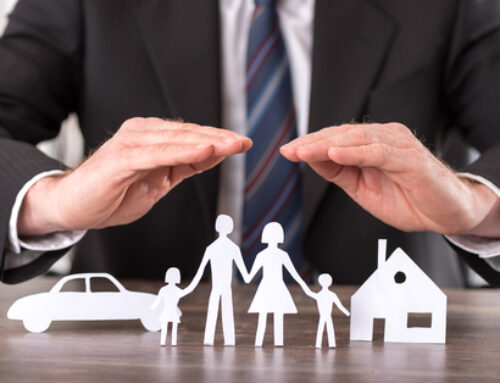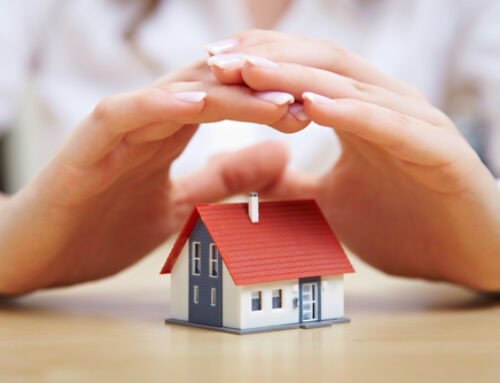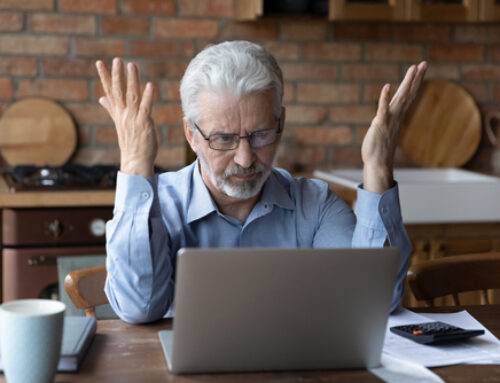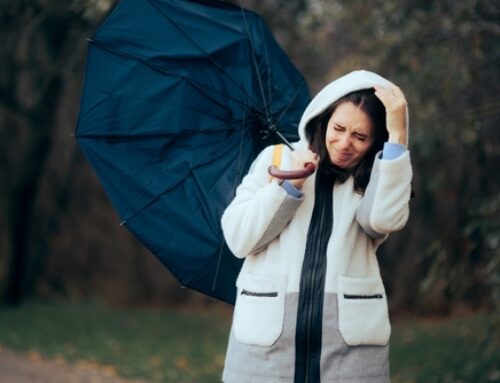It sounds counterintuitive, but electric vehicles that have been submerged in saltwater can catch fire. That’s proven to be a problem in Florida in the aftermath of Hurricane Ian, which flooded parts of the state last month.
Now, Florida officials are seeking answers. This week, U.S. Senator Rick Scott wrote about the issue to the Department of Transportation and electric-vehicle makers. In a letter addressed to transportation secretary Pete Buttigieg, Scott wrote:
In addition to the damage caused by the storm itself, the saltwater flooding in several coastal areas has had further destructive consequences in the aftermath of Hurricane Ian by causing the lithium-ion batteries in flooded electric vehicles (EVs) to spontaneously combust and catch fire. This emerging threat has forced local fire departments to divert resources away from hurricane recovery to control and contain these dangerous fires. Car fires from electric vehicles have proven to be extremely dangerous and last for a prolonged period, taking in many cases up to six hours to burn out. Alarmingly, even after the car fires have been extinguished, they can reignite in an instant. Sadly, some Florida homes which survived Hurricane Ian, have now been lost to fires caused by flooded EVs.
Scott asked Buttigieg what guidance his department has provided—or asked EV makers to provide—to consumers, as well as what protocols it’s developed for the carmakers themselves.
If you sustained damage to your property, immediately contact The Florida Property Damage Attorneys at Consumer Law Office (CLO). Our law office will file your damage claim and will be by your side at the start of your claim until you get the money you need from your insurance company to fix or rebuild your home or business.
CALL TODAY attorney MORDECHAI BREIER, Founder of CLO, for a FREE CONSULTATION.
Mordechai is on your side and will bring you peace of mind during this challenging time and will aggressively push your insurance company to ensure that you receive the maximum amount available under your insurance policy.
305-940-0924 Visit https://consumerlawoffice.com/
We only get paid when you get paid by your insurance company.






